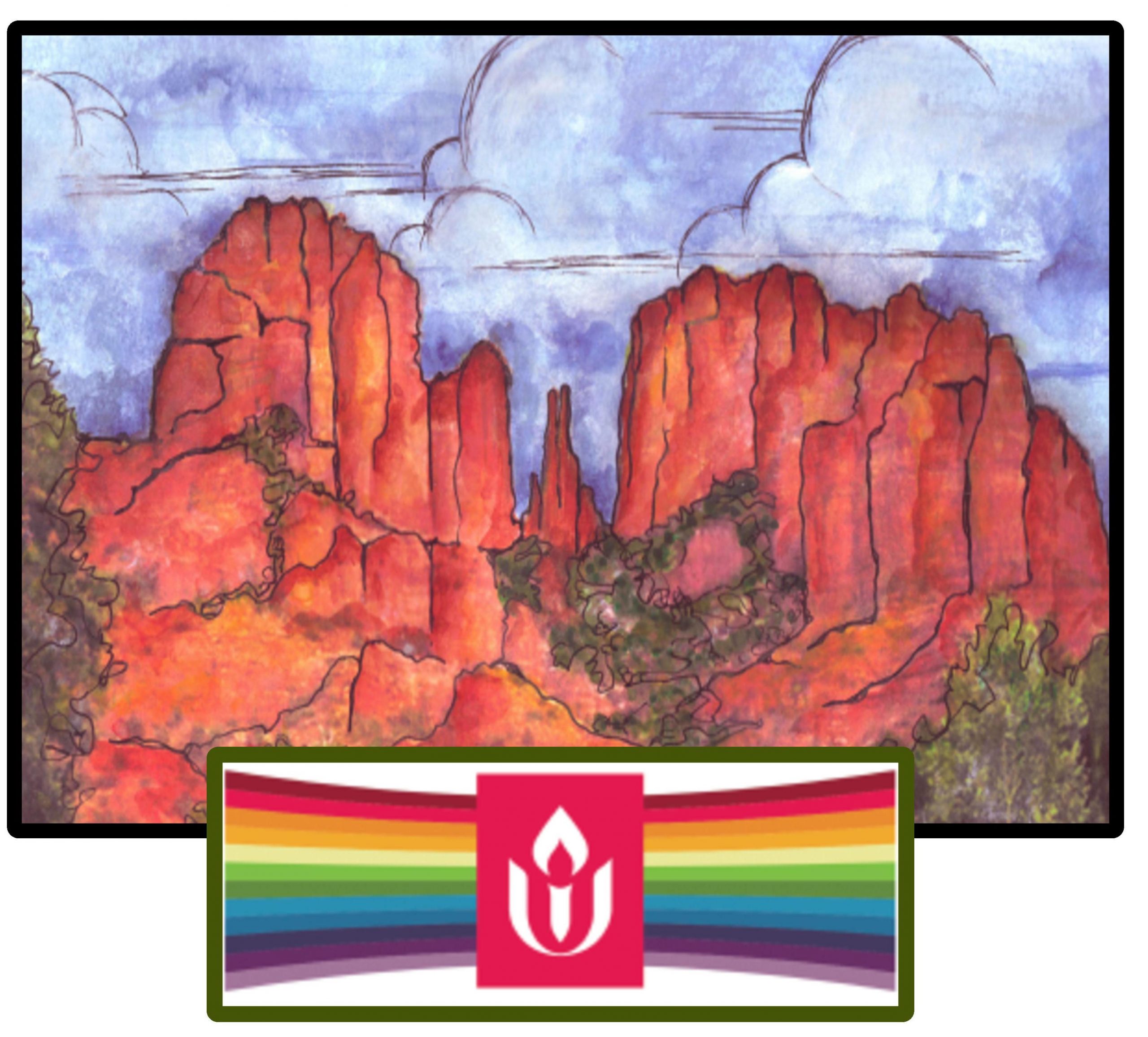Rev. Arthur Foote used to call newcomers to Unitarian Universalist congregations “shedders,” the term used by lobstermen in Maine to describe that tender moment in a lobster’s life between shedding its first shell and acquiring its mature one. That’s a vulnerable time, a period of transition from one way of life to the next, whether it’s chosen it (as in our case) or not (as in the lobster’s).
Many of us experience an uncertain, liminal time, when we leave behind a social world, or a way of thinking, although we’re not sure yet where we belong, what kind of faith, what kind of politics, what way of seeing will fit us better.
Unitarian Universalist history includes many stories of rebels and truth-seekers who pushed the boundaries of convention. Some self-identified as exiles, or at least as emigrants, either from another religious tradition or from an utterly un-churched secular life, because they could not with integrity abide imposed beliefs or practices.
Often sung at UU services are the beautiful words of Rumi’s poem, “Come, come, whoever you are, wanderer, worshiper, lover of leaving.” They remind congregants of forced or willful departures, of going where they need to go, even if it takes them far from their first home.
But they know that in many places around the world, as well as in Sedona, nearly everyone is a refugee, a migrant, a nomad, who has moved here from another part of our country, or across a national border. We’re a community of shedders. In fact, movement and change now seem inherent in the modern human condition.
Moreover, we’ve been strengthened by our shedding — as we stretched and grew and chose ever more deliberately and bravely the manner of person we are and want to be.
